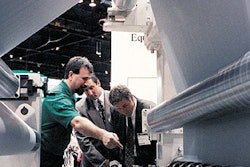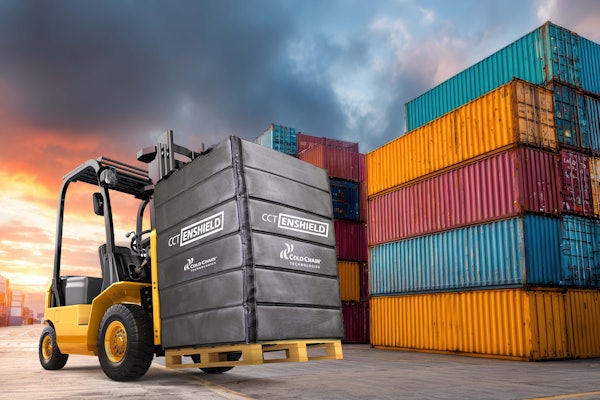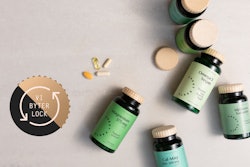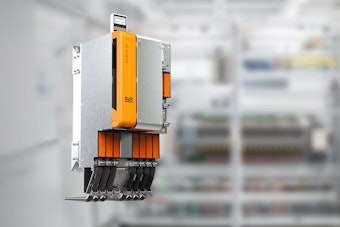That was the message from Michael Drues, Ph.D., during his June 7 conference session at Medical Design & Manufacturing East in New York titled, "Designing Cardiovascular Devices and Combination Products: Medical Devices Meet Biotechnology."
"Today's drug-eluting stents are primitive compared with what we'll have in the future," said Drues, president of Vascular Sciences, a Grafton, MA-based provider of education and training, bio-simulation tools, and consulting services to medical device and biotechnology businesses. He also teaches at several universities, including Northeastern University in Boston.
If that's the case, packagers of healthcare products are in for quite a challenge.
Biological-based products such as proteins, nucleic acids, and cells are sensitive and not likely stable enough to withstand the rigors of today's packaging line, sterilization, and distribution processes.
Drues pointed out that placing a biologic—a protein, such as a monoclonal antibody, a nucleic acid such as a gene perhaps inside a virus, or a stem cell—for example, on a medical device is harder than adding a drug to a stent. These products, he suggested, may require sterilizing the device first, then adding the biologic(s) and drug(s) before packaging.
"It may not even be possible to put certain biologics on devices in advance," he said. "Instead, they could be applied to the device at the patient's bedside, just prior to implanting the device into the patient." [HCP]
-By Jim Butschli, Editor
"Today's drug-eluting stents are primitive compared with what we'll have in the future," said Drues, president of Vascular Sciences, a Grafton, MA-based provider of education and training, bio-simulation tools, and consulting services to medical device and biotechnology businesses. He also teaches at several universities, including Northeastern University in Boston.
If that's the case, packagers of healthcare products are in for quite a challenge.
Biological-based products such as proteins, nucleic acids, and cells are sensitive and not likely stable enough to withstand the rigors of today's packaging line, sterilization, and distribution processes.
Drues pointed out that placing a biologic—a protein, such as a monoclonal antibody, a nucleic acid such as a gene perhaps inside a virus, or a stem cell—for example, on a medical device is harder than adding a drug to a stent. These products, he suggested, may require sterilizing the device first, then adding the biologic(s) and drug(s) before packaging.
"It may not even be possible to put certain biologics on devices in advance," he said. "Instead, they could be applied to the device at the patient's bedside, just prior to implanting the device into the patient." [HCP]
-By Jim Butschli, Editor



















